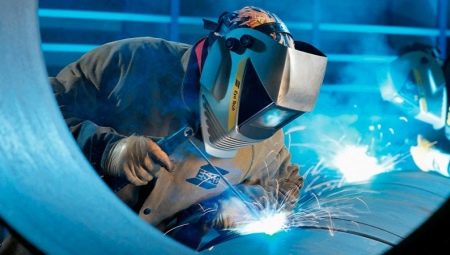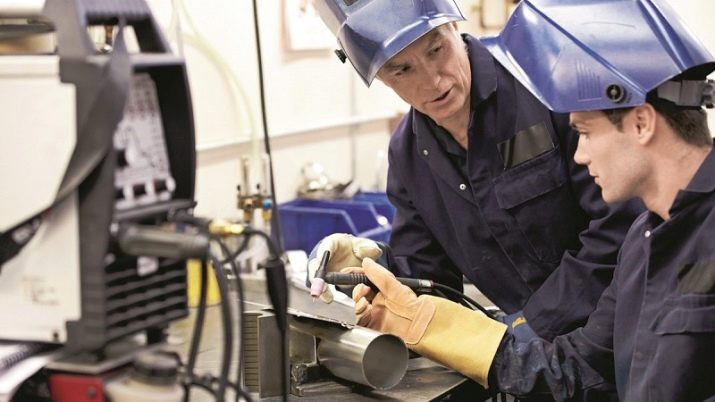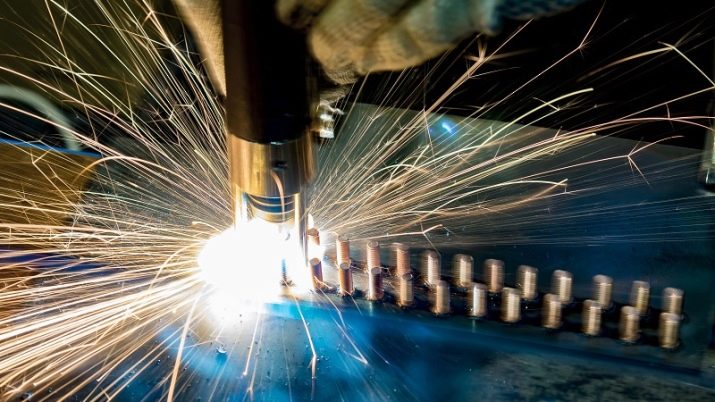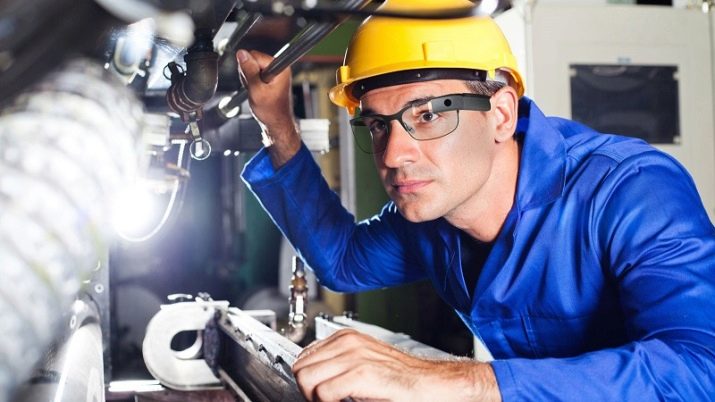All about the profession of a welding engineer

Knowing everything about the profession of a welding engineer, it will be very easy to make the right choice. After all, it will be completely clear what kind of field of activity it is and how to do it. It is equally important, however, to know where to get vocational training, what are the prospects for employment.
Peculiarities
Welding engineer is a unique profession in many ways. It is at the intersection of theory and practice. Professionals should know thoroughly both of these components in order to avoid serious mistakes. The welding engineer works at the intersection of disciplines such as:
- electronics;
- metallurgical industry;
- metal science;
- general materials science;
- strength of materials;
- industrial automation;
- solid state physics.

The international welding engineer deserves special attention. This job is even more challenging than the normal activity that a lead industrial welding engineer does. A global accreditation body assigns the IWE specialization to international welding engineers. Typically, this status can be obtained by university students with at least a bachelor's degree. But all this is decided on an individual basis.
Attention is drawn not only to formal qualifications, but also to direct engineering experience. It is worth considering that welding engineers rarely pick up the apparatus and electrodes themselves. They perform personally only the most responsible or demanding jobs. In normal situations, the attention of the welding engineer is focused on points such as:
- general management of welding;
- compliance with technological standards;
- compliance with safety standards;
- development of new technological processes;
- introduction of previously not practiced processing techniques.
For obvious reasons, a welding engineer must have a very clear idea of all the properties of metals and alloys. And also he needs to equally clearly understand the basic rules for performing welding. We'll have to figure out how to organize the work process for welders, how to equip their workplaces.
It is desirable, at least in general terms, to represent the basic organization of work in other areas of production. Then the welding engineer will fully understand what to expect from the "subcontractors", what they themselves have the right to count on.

Responsibilities
What exactly the welding engineer does at the enterprise is written down in his personal job description. But in most cases they write about the following:
- development of new methods and approaches to work;
- preparation of production sites;
- tracking the implementation of basic technological standards;
- verification of compliance with safety measures (not only when welding in the narrow sense, but also when using other equipment on the site, in the shop);
- ensuring the rational, economical use of consumables and basic equipment;
- search for any ways to improve work, increase efficiency;
- day-to-day management of a team of welders and other subordinate specialists;
- setting up, debugging newly purchased or repaired equipment.
Important! In the job description, they always write who the welding engineer in the organization is reporting to. The requirements for education and work experience are also indicated there.
The required knowledge includes the following:
- normative acts on the organization of labor;
- regulations in the professional field;
- strength theory;
- basic fundamentals of electrical engineering;
- types of welding;
- types of compounds used and their designation in the working documentation;
- quality control methods;
- types of welding defects and ways of dealing with it;
- technical regulations, government and industry standards;
- the requirements of the Gosgortekhnadzor of the Russian Federation.

Education
Professional training for a welding engineer in our country is held in the specialization "Mechanical Engineering". In the list of codes of specialties of training - 03/15/01. Important: first of all, it is worth studying where this general specialization is concretized. Most often, the wording is “Mechanical engineering. Equipment and technology of welding production ".
Regardless of the educational institution and the name of the course, you will need to take exams in subjects such as:
- maths;
- physics;
- Russian language;
- computer science.
More precisely, everyone passes their native language and mathematics, but the choice of physics or computer science at the entrance test is determined by the administration of the educational institution. Full-time education lasts 4 years. All other forms of education in this specialty will take 5 years. In the Russian capital, the best welding engineers are trained at the Bauman Moscow State Technical University, as well as at the Gubkin Petroleum University. But you can also apply to the National Research University "MPEI".
There is also a similar direction of training in such universities as:
- SPbSU;
- Magnitogorsk Technical University;
- Volgograd GTU;
- Federal North-Eastern University;
- Federal Far Eastern University;
- Kurgan State University;
- Izhevsk Technical University;
- Nizhny Novgorod Technical University;
- Yaroslavl Technical University.

Where to work?
Welding engineers can use their strengths in virtually any industry. Such specialists have the right to count on employment in construction companies or in research organizations in the relevant industries. Work as a welding engineer is possible in any region of Russia.With the necessary training, it will also be possible to find a job abroad. It is very difficult to accurately characterize the income of such a specialist.
Salaries, albeit higher than in blue-collar occupations, clearly depend on both the skill level and the specific enterprise. It is expected that the highest incomes await those who improve their skills and expand the versatility of skills. On average in Russia, a welding engineer can count on a salary of 30 to 45 thousand rubles. In the metropolitan area, rates range from 80 to 120 thousand.
But, of course, only competent and experienced specialists can count on the upper bar.









